Same Day Shipping EMI & COD on most products
Trusted Partner Since 1969
GST B2B Billing  Help
Help  00919699976817
00919699976817
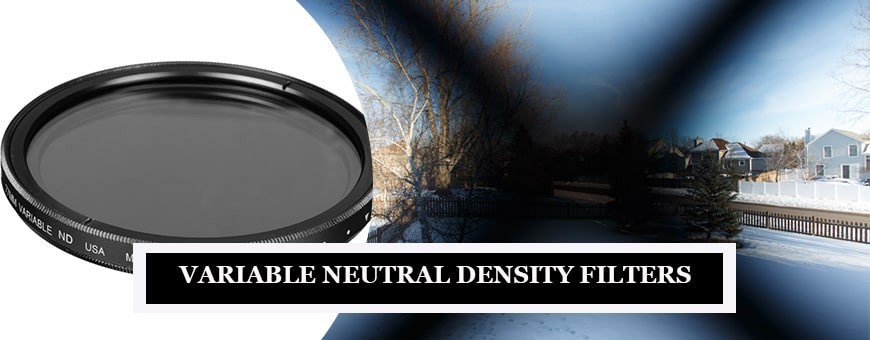
Showing all 19 results
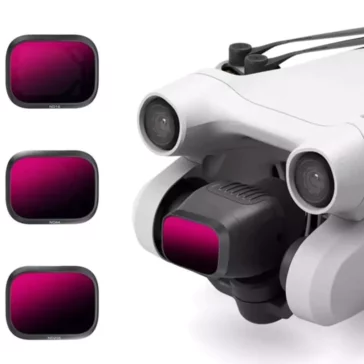
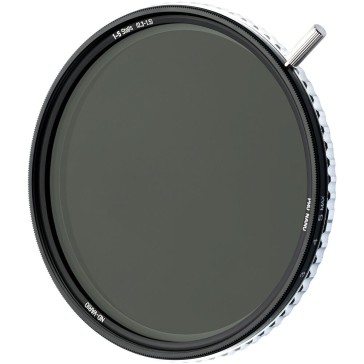
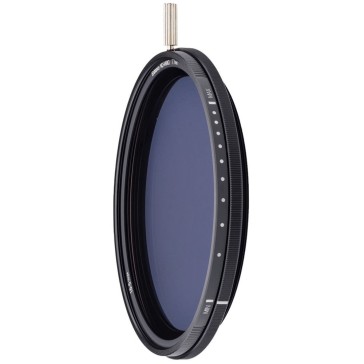
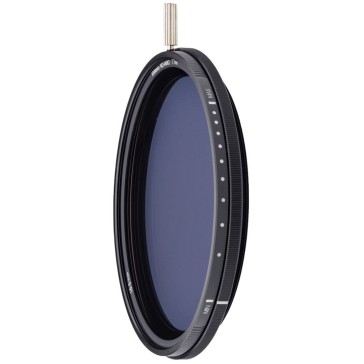
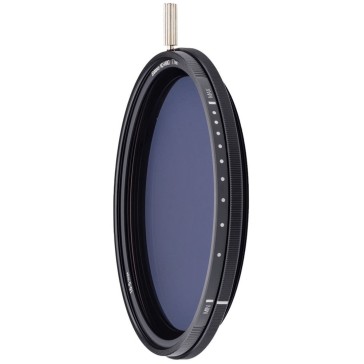
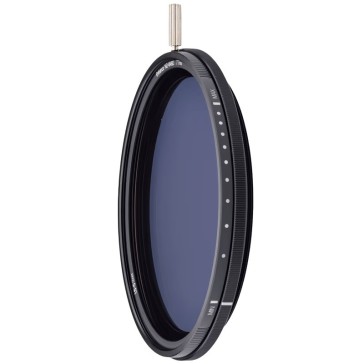
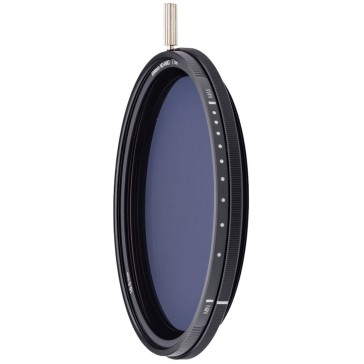
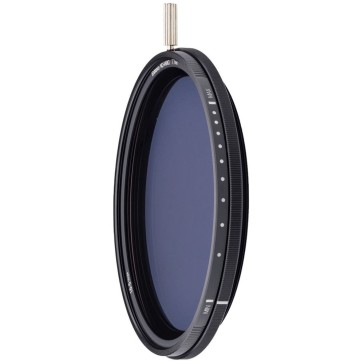
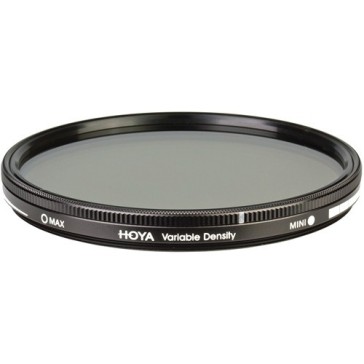
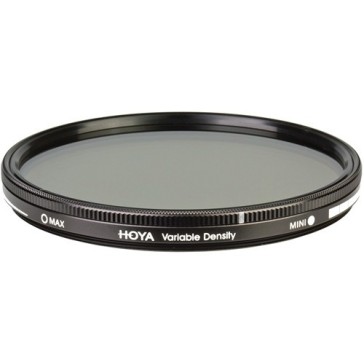
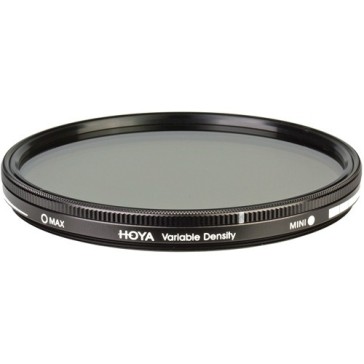
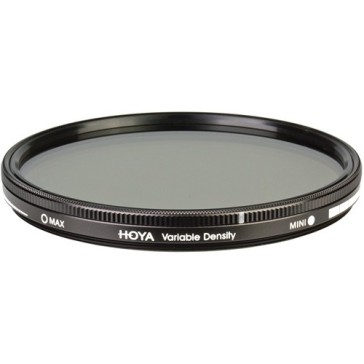
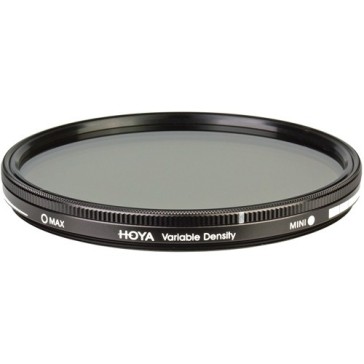
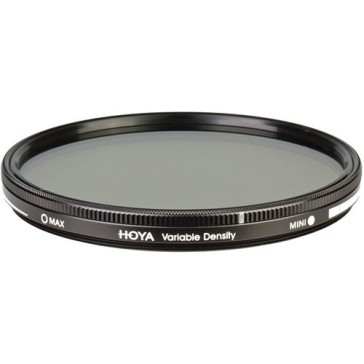
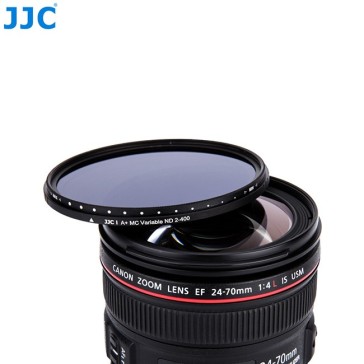
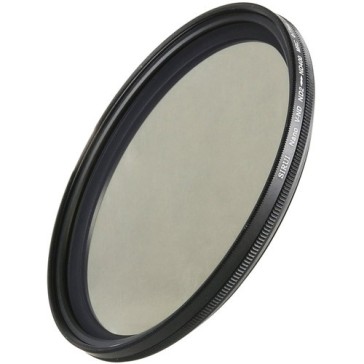
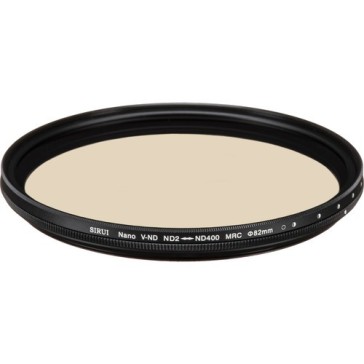
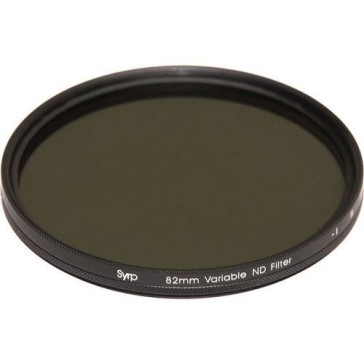
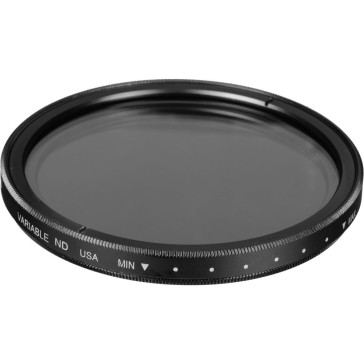
Photography is an art and science that relies heavily on tools and techniques to capture the perfect shot. Among these tools are variable lens filters, which play a pivotal role in manipulating and improving the quality of images taken. Whether you’re an amateur or a professional, understanding the significance and application of these filters can elevate your photography game.
What are Variable Lens Filters?
Variable lens filters are a type of photographic lens filter that can be adjusted to allow varying amounts of light through. Unlike fixed ND filters, which have a static light reduction level, variable filters offer flexibility, allowing photographers to adjust the intensity as per the lighting conditions.
Benefits of Using Variable Lens Filters
Flexibility: Variable lens filters offer unparalleled flexibility. Instead of switching between different filters, photographers can simply twist the filter to adjust the amount of light entering the lens.
Enhanced Image Quality: These filters can protect against overexposure, especially in conditions where light can vary rapidly.
Cost-Effective: Instead of buying multiple filters, one variable filter can serve multiple purposes, thus saving money.
Reduced Gear: Carrying multiple filters can be a burden. With a variable lens filter, there’s less equipment to carry.
Key Features to Consider
When shopping for a variable lens filter, consider:
Optical Quality: The clarity and quality of the filter material is paramount.
Range: The range of the filter indicates the extent to which you can reduce the light.
Size: Ensure it fits your lens diameter.
Durability: A good filter should withstand regular use without degrading.
Common Applications
Landscape Photography: Manage reflections and water surfaces to bring out vibrant colors.
Cinematography: Adjust exposure without altering other camera settings.
Street Photography: Control changing light conditions without frequently adjusting camera settings.
Conclusion
In photography, the importance of having the right equipment cannot be understated. Variable lens filters offer photographers a unique blend of flexibility and functionality. By incorporating these filters into your toolkit, you can be better prepared to handle an array of lighting conditions, ensuring that each shot is as mesmerizing as intended.
Variable lens filters differ from fixed ND filters in their adaptability. While fixed ND filters have a set light reduction level, variable lens filters can be adjusted to allow varying amounts of light through. This means photographers can fine-tune the light entering the lens based on real-time conditions, offering more flexibility in different shooting scenarios.
Not directly. However, variable lens filters can manage light exposure, preventing overexposure or underexposure. Properly exposed photos generally appear sharper and have better contrast, indirectly leading to perceived sharpness.
While variable lens filters are primarily designed for situations with excessive light, they might not be as beneficial for nighttime photography. At night, photographers usually aim to gather as much light as possible, making these filters less useful.
Quality variable lens filters are designed to provide neutral color balance, ensuring no color shift. However, lower-quality filters might introduce a color cast. It’s essential to invest in a reputable filter to maintain color fidelity.



Most units are shipped same day using professional courier services with tracking.
We work round the clock to ensure you get the highest level of customer satisfaction.
Well packed, Sealed Units are shipped from our warehouse which are waterpoof & sturdy.
Design Info
GST: 27AYUPJ2628P1ZK
No.1, Saremals, Shastri Hall Building,
Nana Chowk, Grant Road West,
Mumbai 400007, Maharashtra, India
New Delhi Branch – South Ex 2, 110049
Also Ships DAILY from Brisbane, Dubai,
Berlin, Barcelona, Detroit & Vancouver.
Connect online / schedule a demo
Call/WhatsApp: +91-9699976817
Email: [email protected]
Live Chat: Business Hours
Follow Us: @designinfo.in
Copyright © 2014-2022 Design Info All Rights Reserved. Feedback on web experience
Since 1969